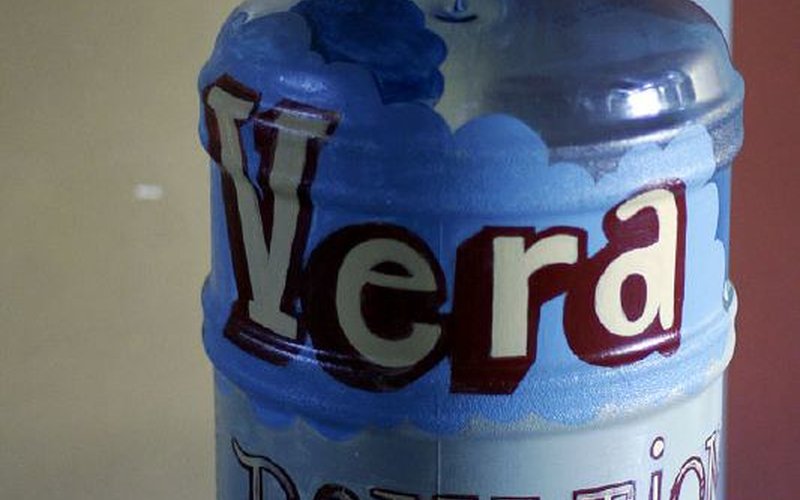
KEXP's Sound & Vision airs every Saturday morning from 7-9 AM PT, featuring interviews, artistry, commentary, insight, and conversation to that tell broader stories through music, and illustrate why music and art matter. You can also hear more stories in the new Sound & Vision Podcast. New episodes are out every Tuesday. Subscribe now.
The Vera Project is on a mission to save DIY art scenes in Seattle amid the coronavirus. The nonprofit, all-ages venue recently hosted a benefit show called Live from Our Living Rooms to support Washington's DIY Community Relief Fund. It was a telethon of sorts, streamed live, and raising money for a coalition of DIY venues that have been struggling to stay afloat during the coronavirus pandemic.
“We figured we should lean into our DIY ethics the only way we know how, we just do it all ourselves and raise that money with our community,” says Ricky Graboski of the Vera Project. “So, we built up a little coalition of about twenty-five spaces, set a pretty modest fundraising goal of $25,000, to begin with, and held this big sort of DIY telethon stream.”
The event raised $37,000 and more live streams are planned,
Sound & Vision host Emily Fox spoke with Graboski and James Clackey, also of the Vera Project, about how nonprofit and community-focused venues are vulnerable to long term closures but also important for the future of music scenes in Seattle.
You can listen to the full interview on the KEXP archive.
As a ban on large gatherings in Washington state inches toward it’s eight week, venue owners fear for the future of independent venues in Seattle.
Jasmine Albertson delves into The O.C. soundtrack in an attempt to dissect the impact it had on the artists featured on the soundtrack, as well as the overall cultural music landscape.
Sound & Vision host Emily Fox spoke with musicians on Twitch about creating online fanbases and making money live streaming.